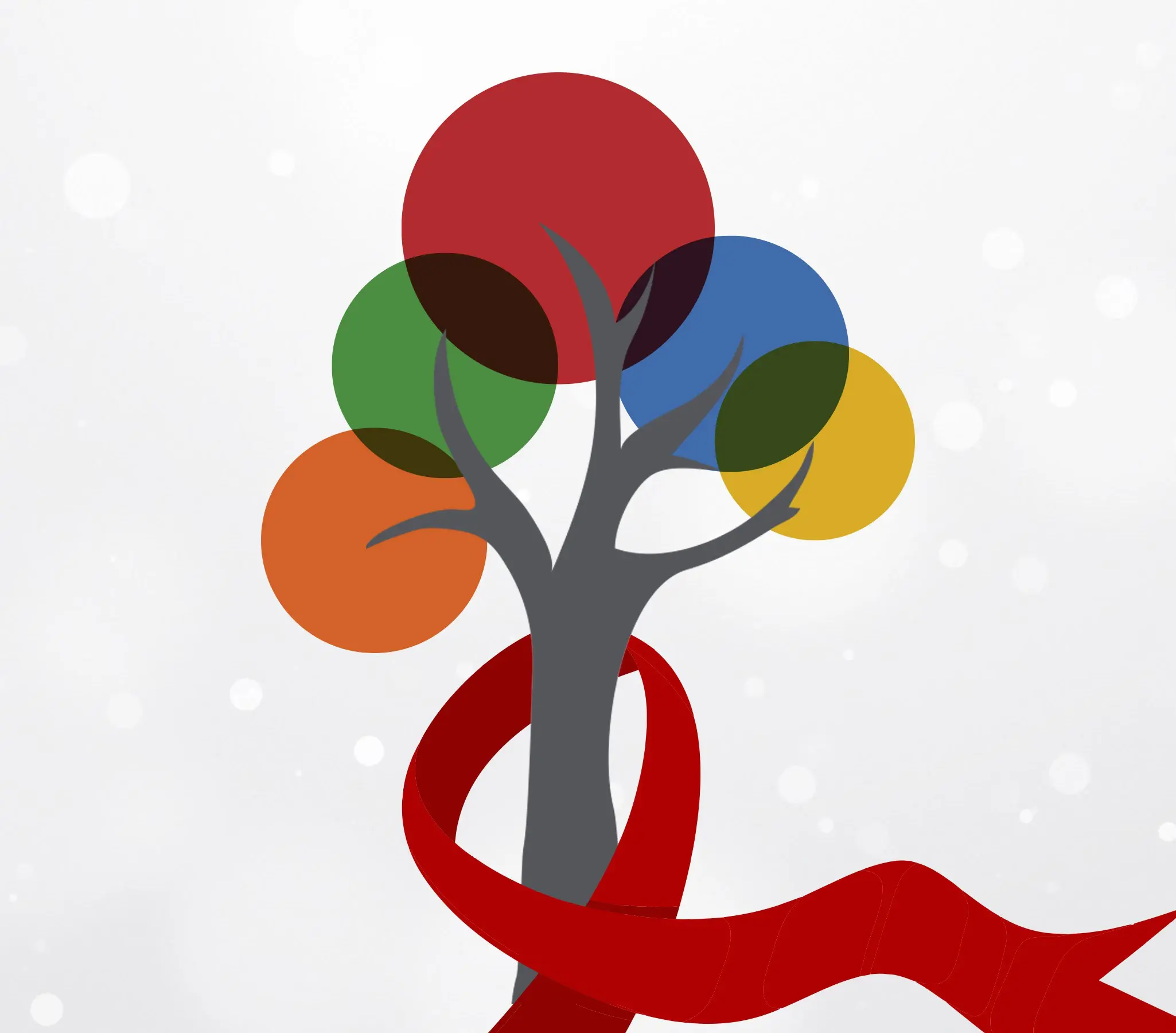A POZITIVE PATHWAY TO MEETING PEOPLE WHERE THEY’RE AT.
Our roots and core are the base of our existence. We acknowledge our deep history in the community and to the collective AIDS movement. Our mission and vision are grounded in the values developed by all of those we’ve lost, those who have experienced stigma and discrimination, our long-time survivors, activists and allies. This is the basis for the many branches of people we serve today and provides the strength that drives our work into the future.
MISSION
Pozitive Pathways provides client advocacy, support, harm reduction, health promotion and education services for people living with, affected by, or at-risk of HIV, Hepatitis C and other sexually transmitted blood borne infections (STBBIs) in Windsor-Essex and Chatham-Kent.
VISION
Pozitive Pathways is a leader in providing client advocacy and innovative quality services for people living with, affected by, or at-risk of HIV, Hepatitis C and other sexually transmitted blood borne infections (STBBIs).
SERVICES WE OFFER
We offer a wide array of services and educational opportunities aimed at reducing stigma and social isolation through knowledge enhancement of the various social determinants of health that impact some of our community’s most vulnerable members.










